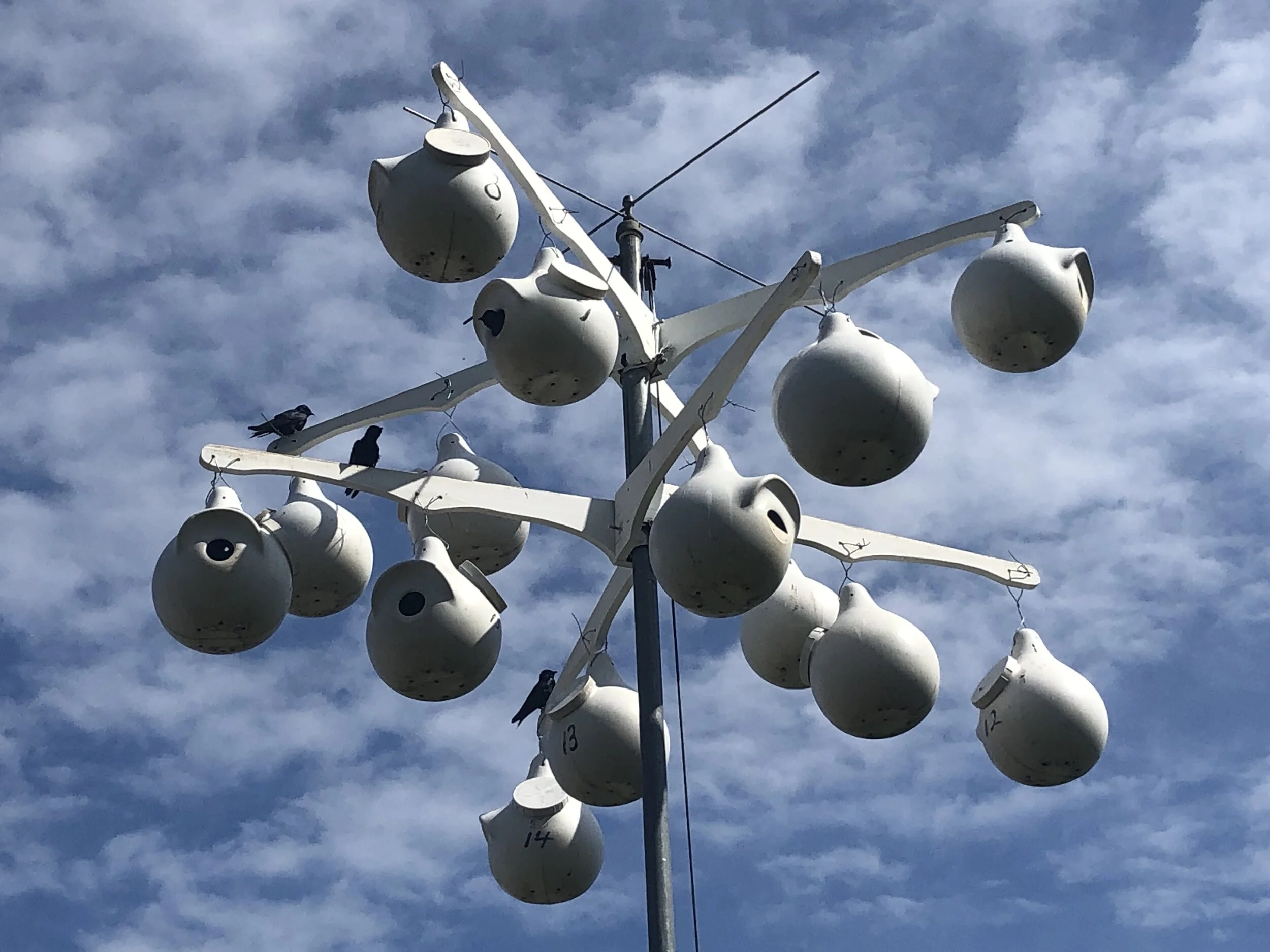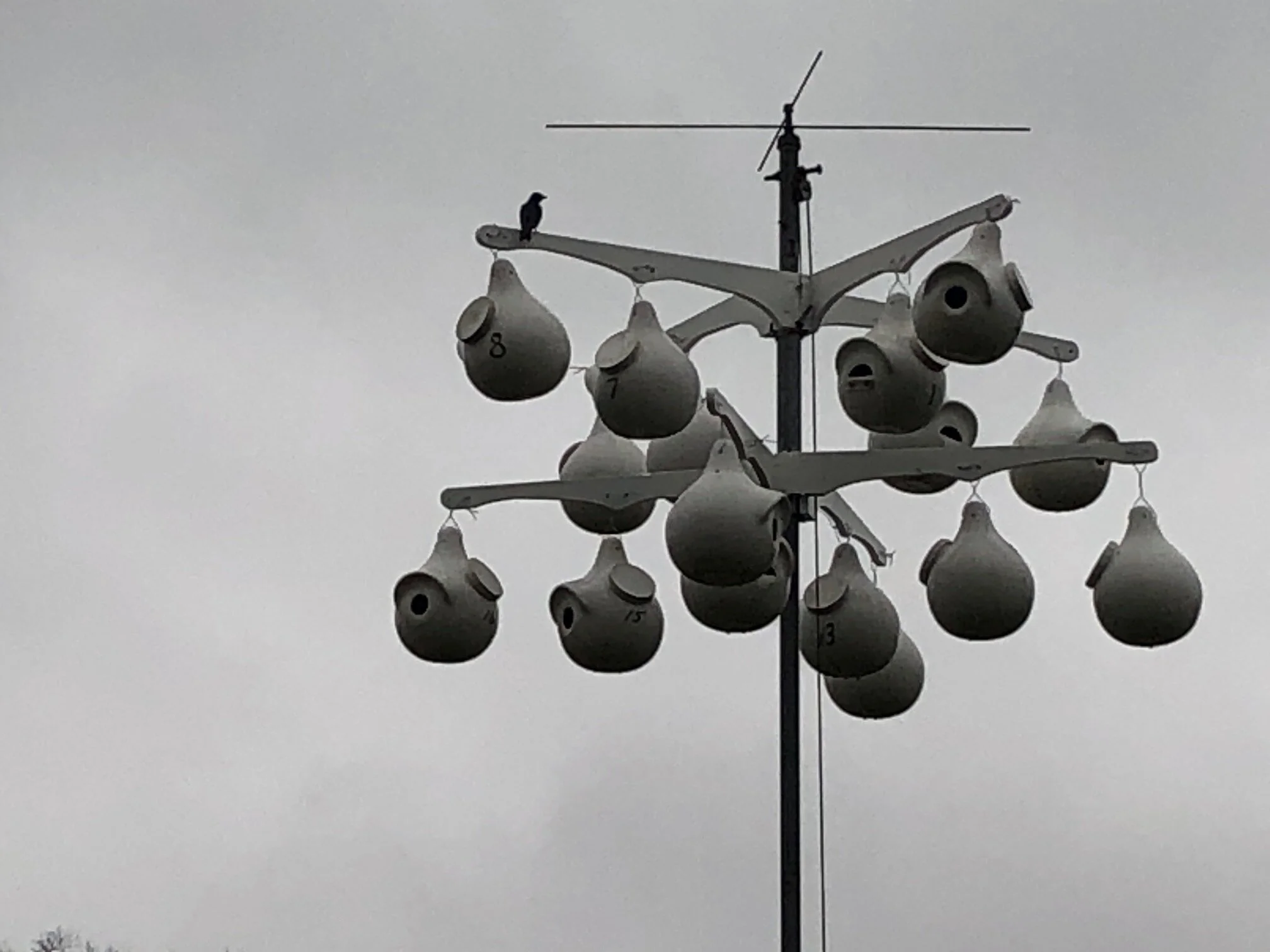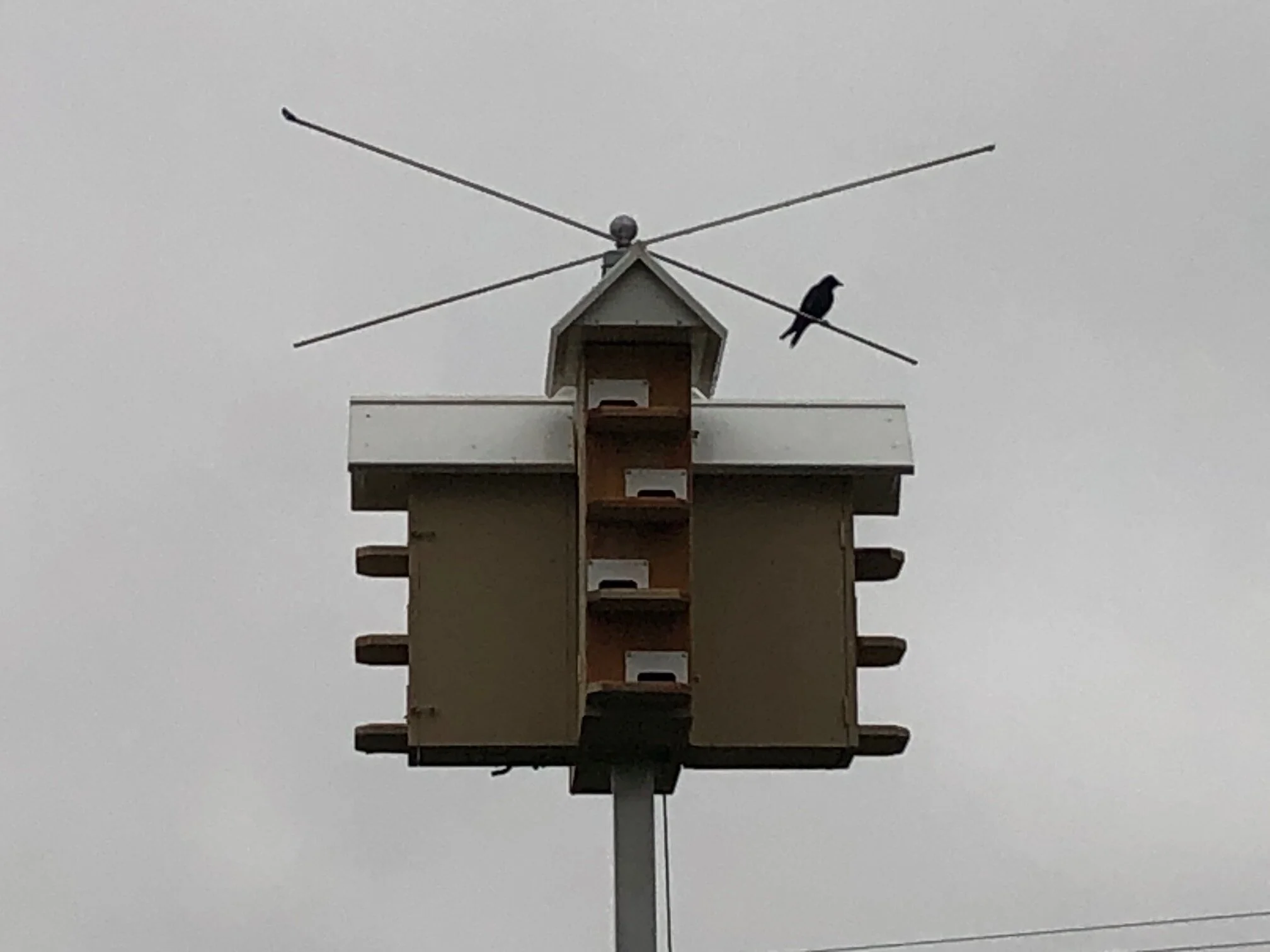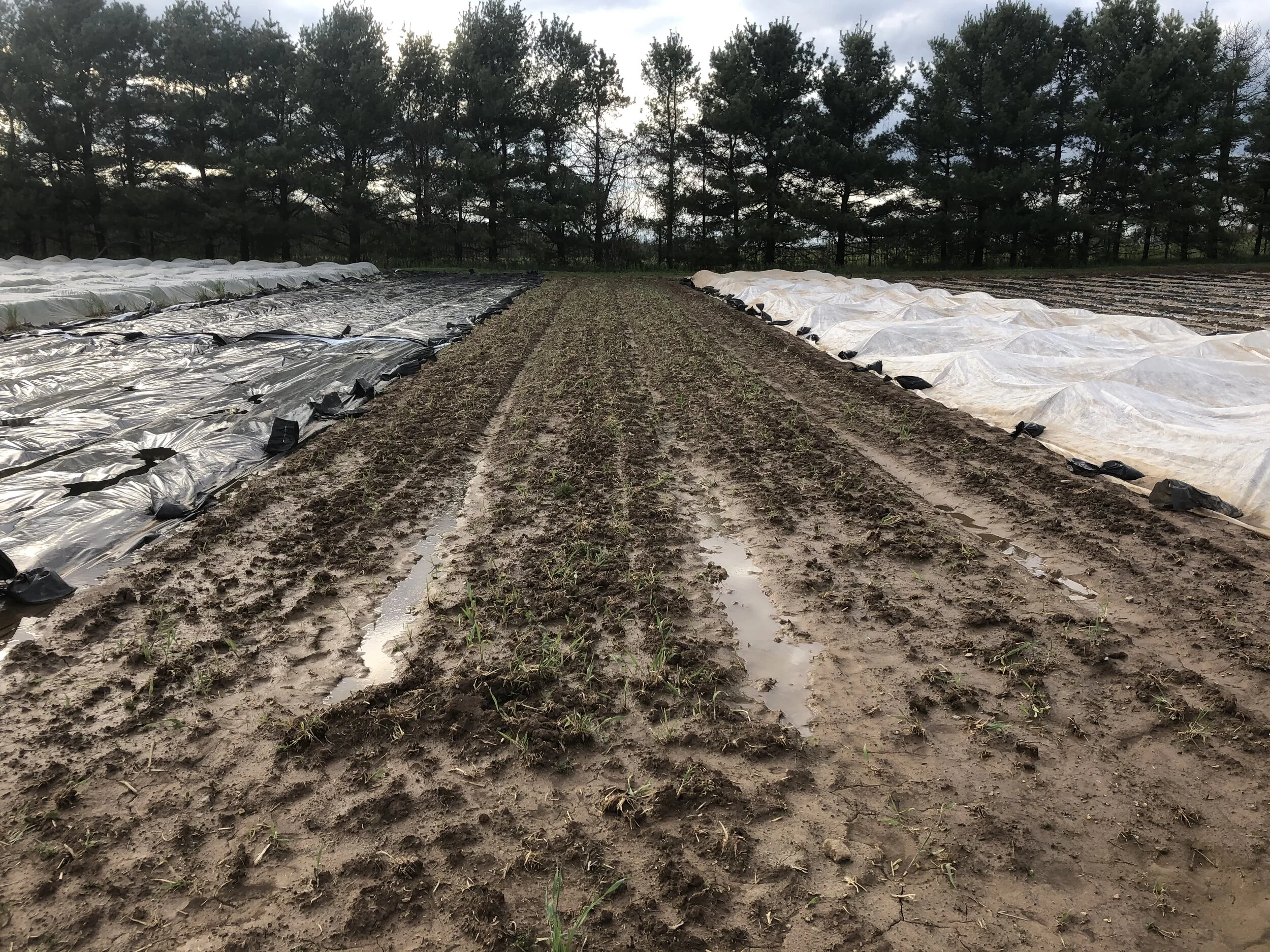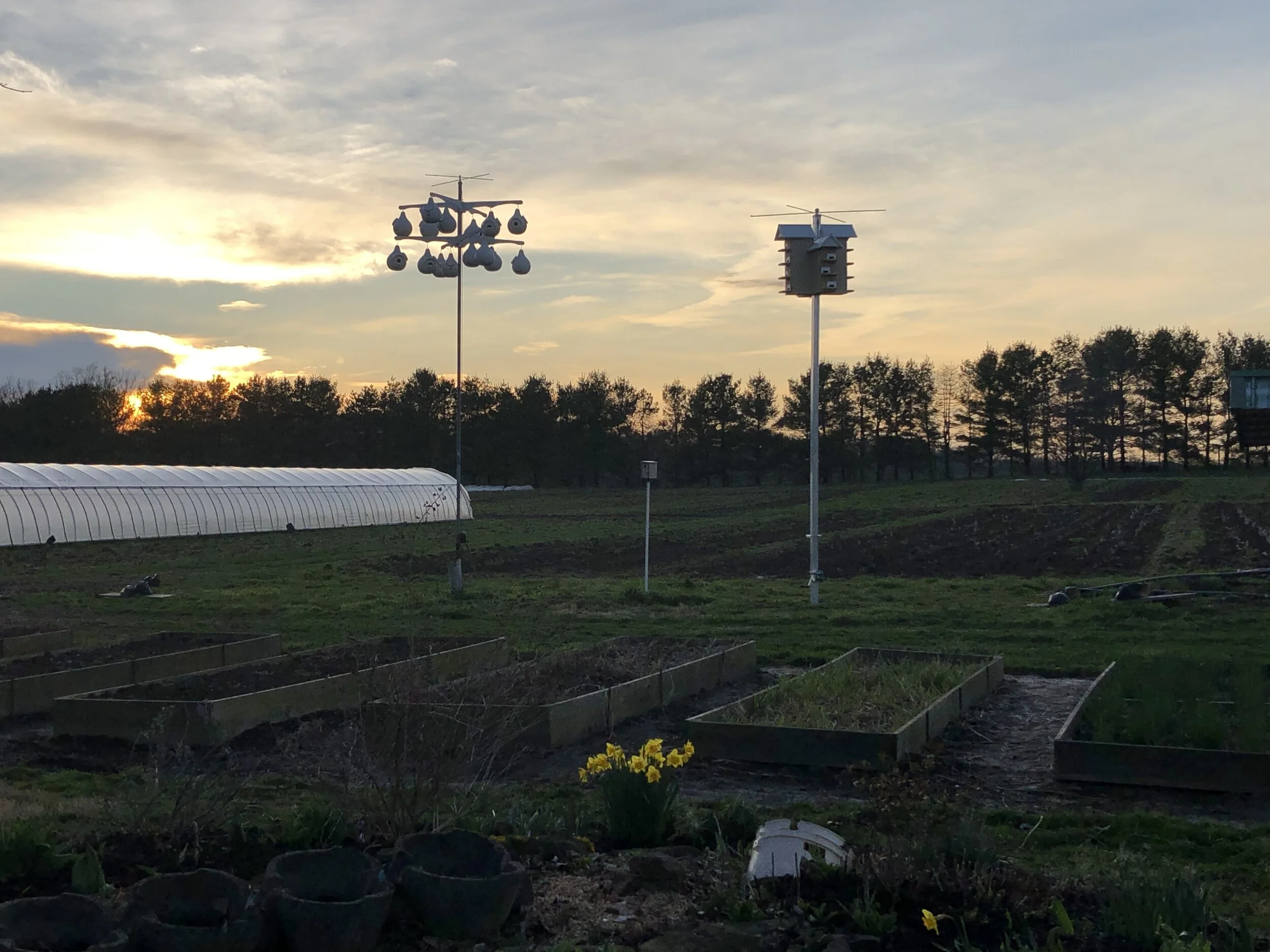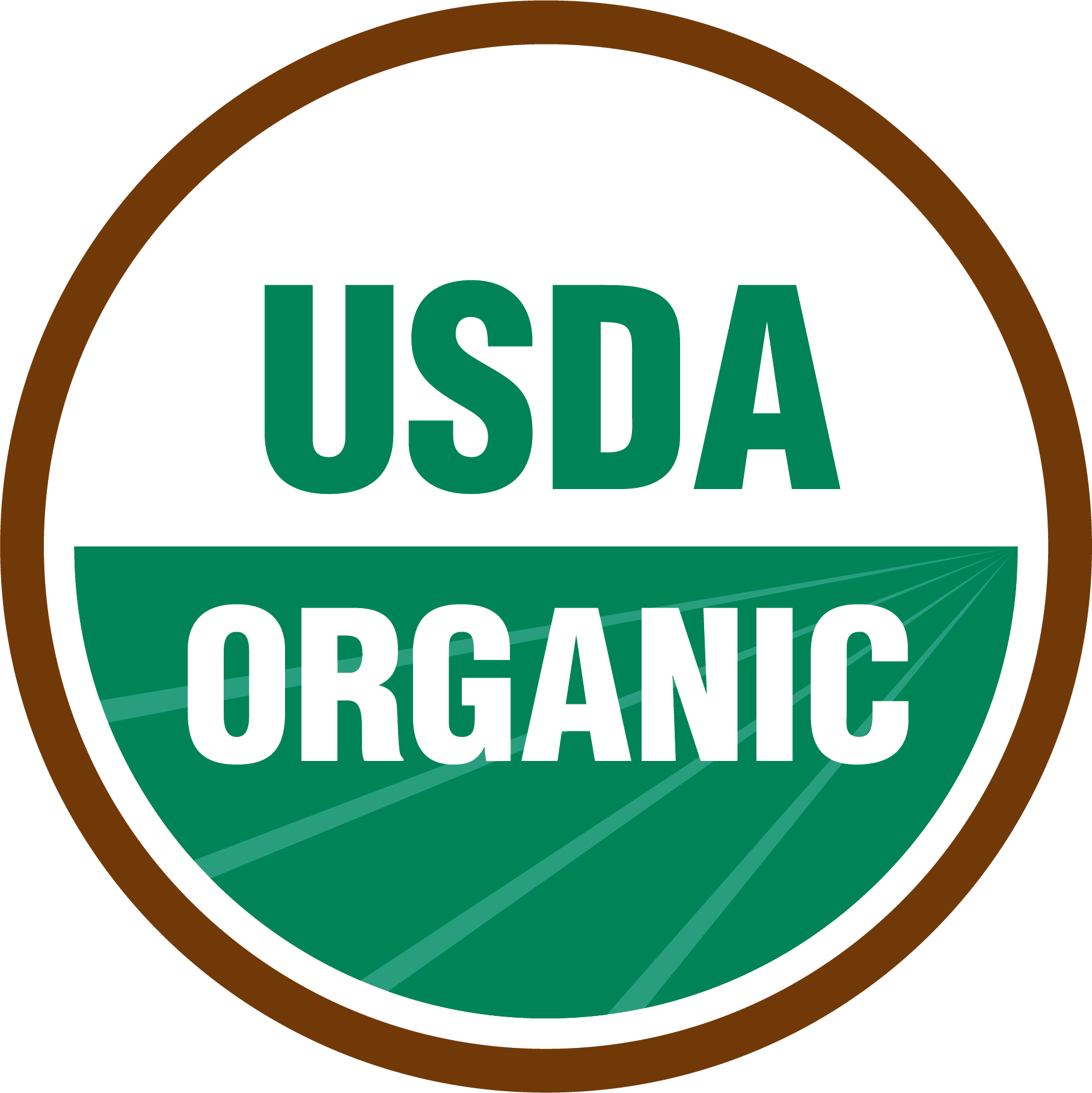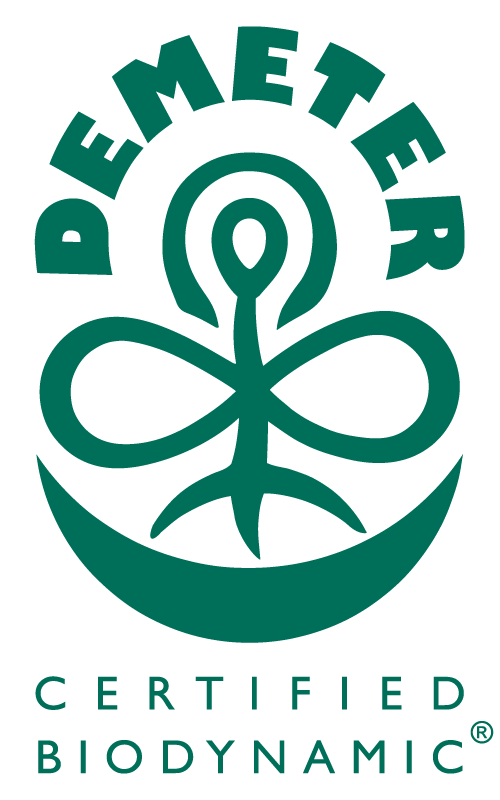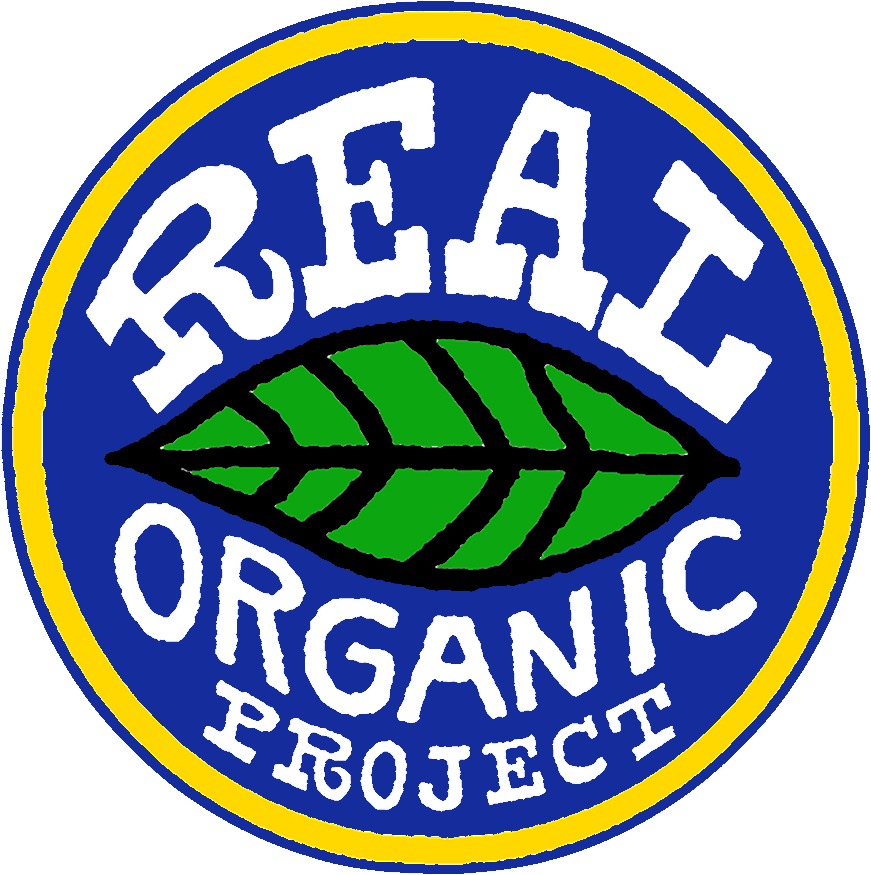Volunteers Marilyn Michalski and Gretchen Roth monitor the Purple Martin Houses at Kimberton CSA. These nesting sites have been used by Martins for many years. In 2019, their nests produced 24 new Purple Martin babies. This small number was the result of an alarming increase in the population of House Sparrows – birds that usurp nesting cubicles intended for Martins. The House Sparrow (or English Sparrow) is NOT a native bird – it was brought over from England and has spread throughout the U.S. Because this sparrow takes nesting cavities away from Purple Martins and other birds, we discourage its nesting attempts.
Thanks to the generosity of Kimberton CSA owners, members, and volunteers, a new Purple Martin House was installed this year. This new avian residence is a T-14, a quality condominium made by Purple Martin Products. A sincere “Thank You!” to everyone who contributed to this beautiful Martin home.
In February the foundation of the T-14 was prepared. After the base of Sakrete cured, the new aluminum post and winch were installed. The team of Andrew, Becky, Tom Dilks, and Marilyn completed this task. Another milestone occurred on March 4 with the installation of the new T-14 nesting cubicles. The team of Frank, Becky, Tom Dilks, Bob McMillen, and Marilyn hoisted the four large “condos” into position.
On the first weekend in April, Purple Martins arrived at Kimberton CSA, after returning to Pennsylvania from Brazil, where they over-Winter. We are happy to have them back, and we will do everything we can to protect them. Martins benefit farmers because they eat thousands of insects – catching them in mid-air. Martins are outstanding in their maneuverability in the air – Ace Pilots of the Bird Kingdom!
The Purple Martin colony at Kimberton CSA is one that Martins return to each year – so it’s incredibly valuable. Across the country the numbers of Purple Martins are slowly declining. We must do everything possible to help them and protect their nesting sites – to ensure that these magnificent migrators stay with us – and benefit our children and grandchildren.
Marilyn Michalski, K-CSA volunteer
info@purplemartinproducts.com

